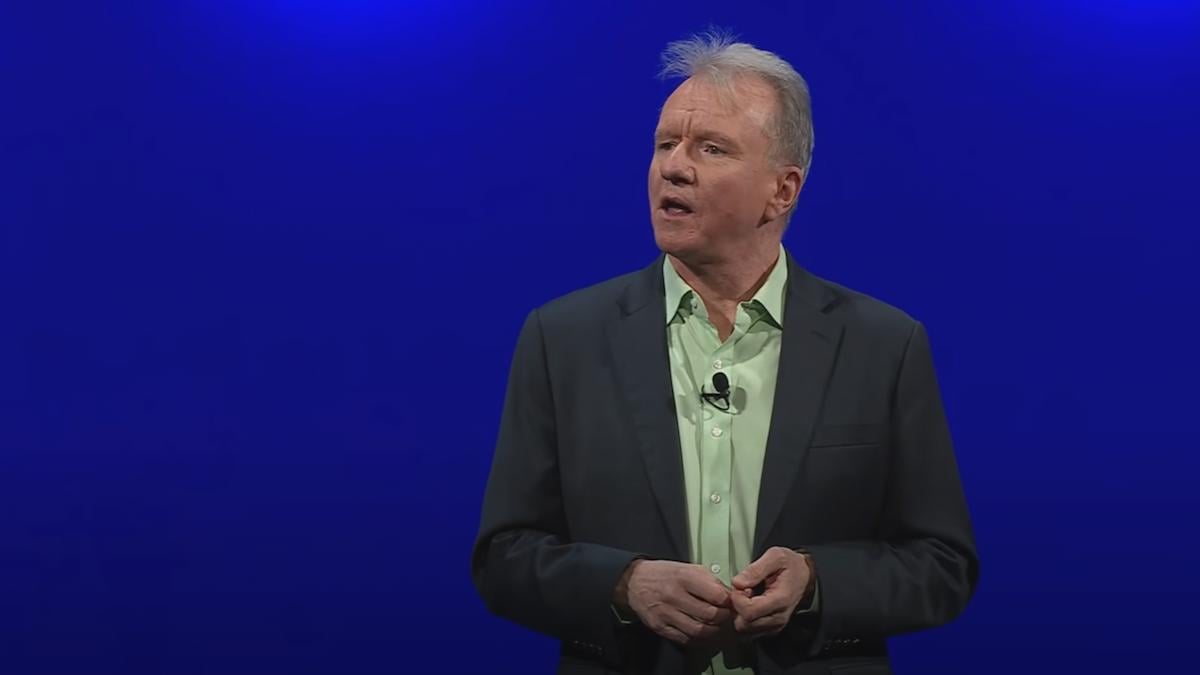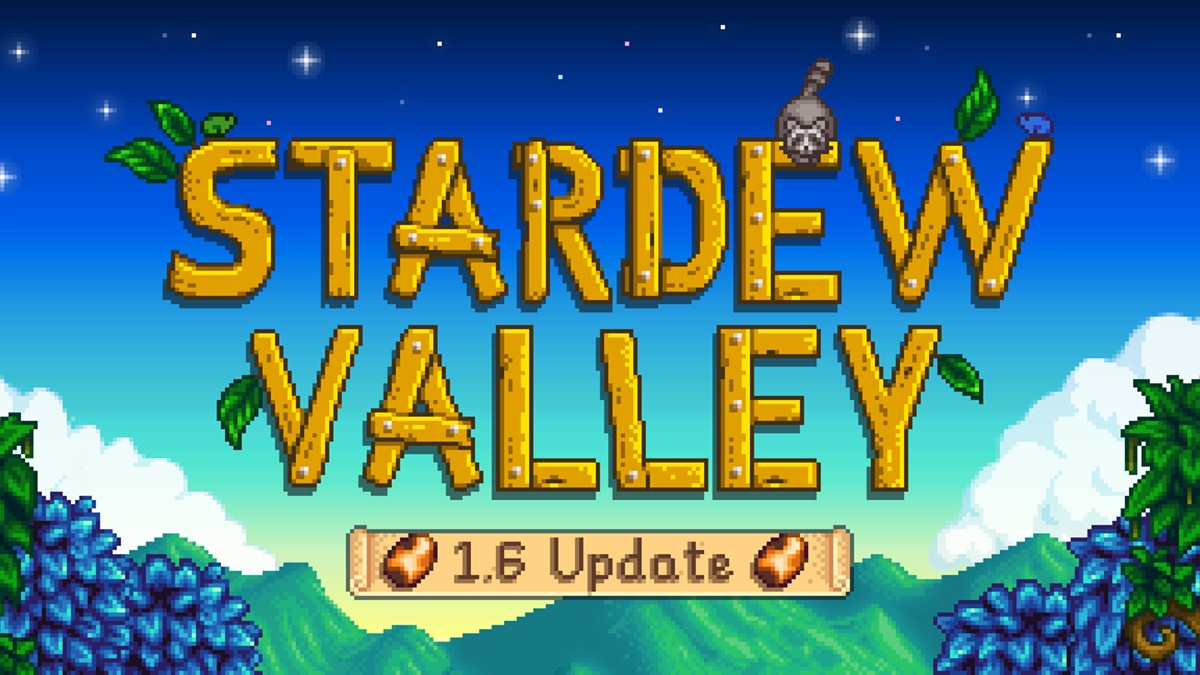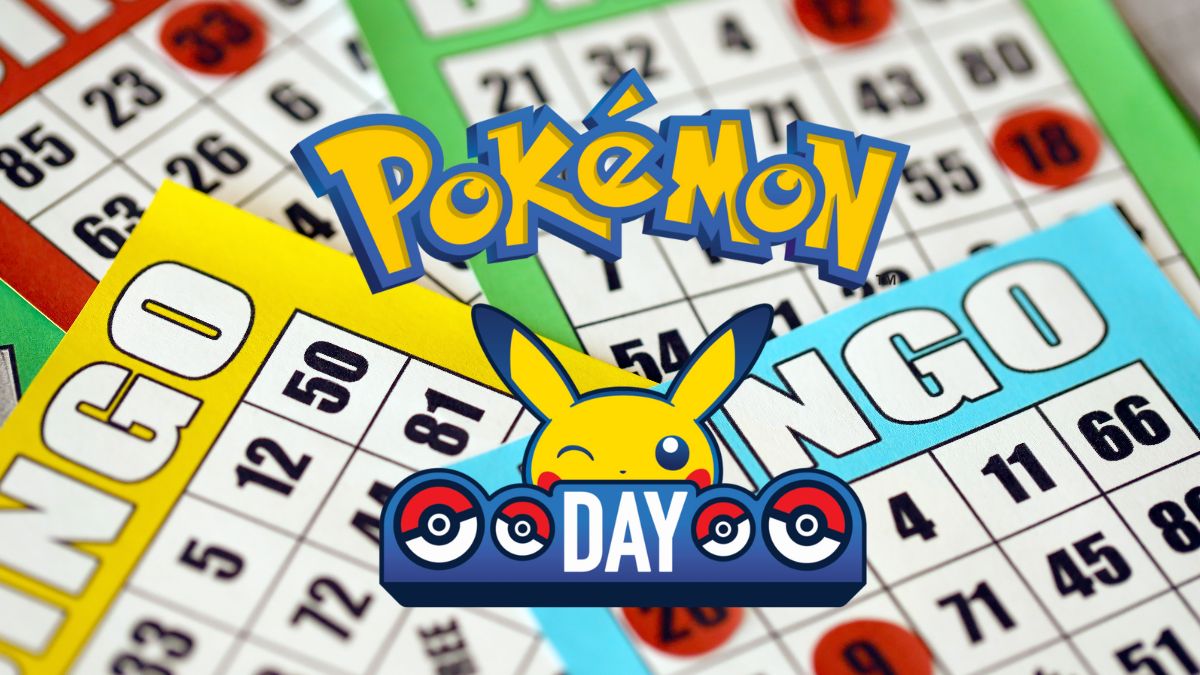One of the most shocking news stories of 2022 was the news that Microsoft is making to purchase Activision Blizzard. Over a year later and that deal is still making headlines, as competitors and governments look at how the merger would impact the game industry, for better and for worse. The latest wrinkle in this ongoing case comes as reports emerge that Sony Interactive Entertainment CEO Jim Ryan has had a meeting with the European Union’s antitrust organization regarding the proposed Microsoft and Activision Blizzard merger.
Reuters originally broke the story, citing a source that declined to be identified. The EU has yet to formally issue a statement against or in favor of the merger, but it is widely believed that they will issue a “charge sheet” to Microsoft before April 26, when it is scheduled to rule on the deal. That charge sheet, which will equate to a warning that the merger will violate the block’s anti-competition rules, could come within the week.
Reuters’ source claimed to have intimate knowledge about the meeting between Ryan and the EU’s antitrust body, but the initial report is very light on details. With the meeting reportedly taking place on January 25, it could be a sign that a charge sheet will be coming sooner rather than later. Meeting with Microsoft’s biggest competitor was inevitable, as the body would want solid information about how the deal will impact the gaming industry both in Europe and the rest of the world. Many investors doubt that the merger will go through, considering the numerous obstacles standing in the way.
Understandably, Sony has been among the loudest objectors of the acquisition, which they claim would harm its ability to compete in the console market. If the EU does issue a warning to Microsoft regarding the Activision Blizzard merger, it would mean another massive hurdle for the company to overcome before closing on the largest deal of its kind in gaming history. The U.S. Federal Trade Commission has already sued to block the deal, meaning that the process is going to take years rather than months to resolve.







Published: Jan 27, 2023 06:34 am